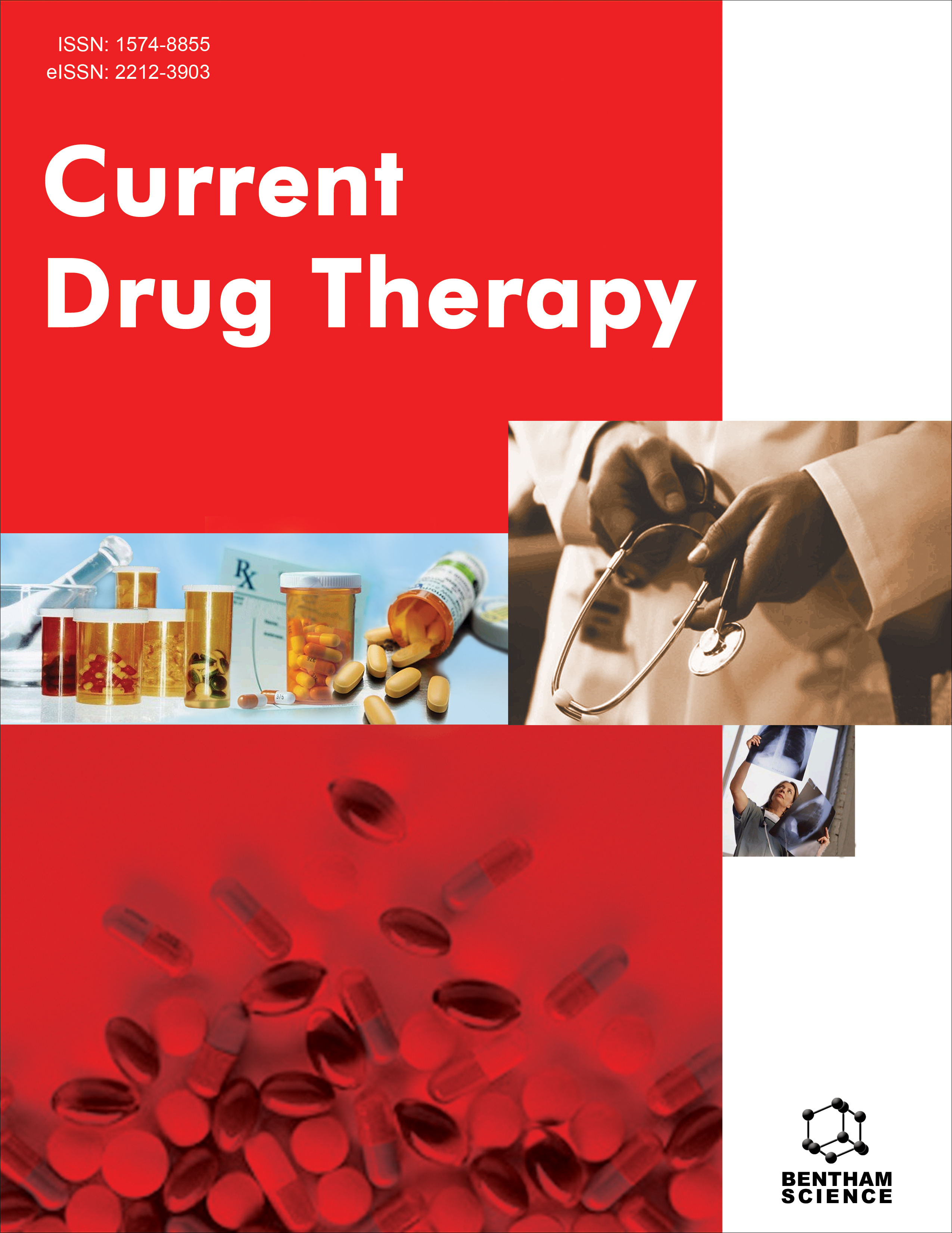
Full text loading...

Parkinson's Disease (PD) presents as a neurodegenerative disorder characterized by a gradual decline in brain function, typically advancing slowly over time in most individuals. However, as the disease evolves and impacts the Gastrointestinal Tract (GIT), the window for effective treatment response often becomes narrower for many patients. Recent advancements in medical science have spurred improvements in drug delivery, primarily through the development of enhanced oral formulations or the exploration of alternative administration routes, such as intestinal infusion, transcutaneous delivery, and inhaled levodopa. Among the recent oral formulation breakthroughs is IPX066, a novel formulation combining immediate and extended-release Carbidopa-Levodopa (CD/LD). Another notable example is levodopa-carbidopa intestinal gel, an authorized treatment involving the direct infusion of LD/CD suspension into the brain. Concurrent investigations are assessing the effectiveness of the 'accordion pill' (AP09004), an Extended-release (ER) LD/CD mixture designed to retain within the GIT for an extended period. Additionally, other formulations in various stages of clinical trials include ND0612, a proprietary liquid formulation intended for the purpose of subcutaneous delivery using a compact patch-pump apparatus, and CVT-301, a levodopa aerosol solution distinguished by its prompt initiation of therapeutic effects. However, several other promising formulations, such as DM-1992 and XP21279, have been terminated. This study aimed to thoroughly examine the pharmacokinetics, clinical effectiveness, and possible adverse reactions linked to innovative medication formulations that are now accessible or being developed for treating PD.

Article metrics loading...

Full text loading...
References
